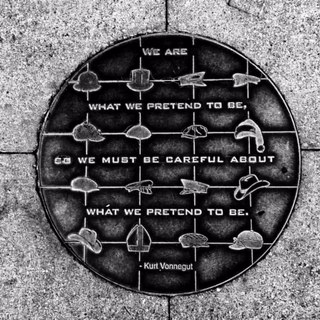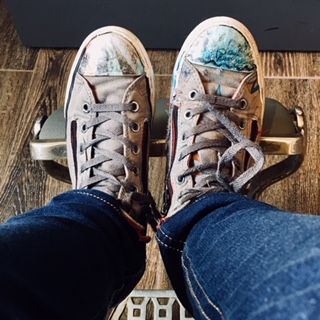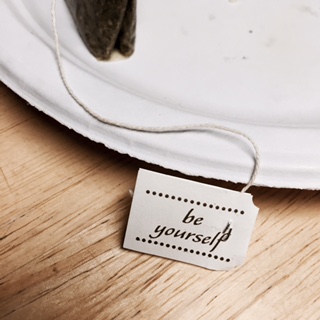What You Do Next
It happened. You did it again—that thing you thought you were done doing, or worse yet, that thing you thought you’d never do.
We hate the feeling of that place. Engulfed in shame. Exhausted by regret. Overwhelmed by the embarrassment of what people will think. Good people. Important people. Maybe people we have hurt. People who trusted us. So now what?
We’ve all had those moments. Moments of epic failure. Of embarrassment and shame. At least for me, self-loathing is not too strong a word for how I feel the moment it happens.
What I want to consider today is the question of what follows that moment. What do we do next? The reason this is worth discussing is because, in spite of the fact it is the most important part of any experience, it is often overlooked.
Stewing in the pain and fear of the result of my poor choice, I want to spend time analyzing how pathetic I am. I want to give some real attention to how little people will think of me now and how I am the only person who has committed such a gaffe, foul, or sin. I want to wallow in my misery.
As with all things that I attend too, these feelings grow. The longer I do so, the more worried and filled with self-doubt I become. Until I am plagued with indecision and would rather isolate than interact with people that I am certain no longer respect me.
I have learned the only way to combat this inevitability is to act in the manner of who I want to be, not the person I feel like I am (remember, she wants to crawl in a hole, hide under the covers, or move to a different country.) And, it’s important to act quickly. Concerns have a tendency to grow larger the longer we wait to take action.
Now a couple of caveats. First, everyone makes better decisions with wise counsel. Checking in with a trusted confidant on your next steps is recommended. Often my instinctual reaction to this type of situation is fear-based. Action taken out of fear is rarely wise. I overcorrect my trajectory, take responsibility for things that aren’t mine to own, and get it wrong again. So I have learned to talk to someone first. It’s like being in a picture frame. I can’t get a clear perspective on myself when I’m in the picture.
Next hint, it doesn’t take a big action to change how I am feeling. Even if my feelings are huge.
There are a hundred analogies for this, but the bottom line is, it is more important that I take action than the magnitude of the action that I take. This is true regardless of the scenario that brought me to the feeling. It doesn’t have to be a big shameful event like I described above. It could be something totally banal. Woke up on the wrong side of the bed and I am grumpy. Kids are misbehaving, and I am impatient. Spouse did or didn’t (fill in the blank), and I am irritated. When I take action, I feel different.
Lastly (and what prompted me to write this), people are watching. Your kids, your family, the person you wronged, your friends, your boss, the people sitting next to you in a meeting, all of them—everyone is watching. More often than not, people are less concerned with the mistake you made or the situation you created than what you do to resolve it. Stuff happens. Sometimes at our own hand. The question isn’t “why did you do that?” or even “what were you thinking??” The question is, in the face of this trial, what will you do next?
Tennessee Williams said, “Life is always now.” It’s not what happened in the past. Or what will happen in the future. It is what we do right now that matters. Own your now.
Because what we do (next) defines who we are.


